In my practice as a gut health dietitian I encounter SIBO often. Let’s talk about SIBO, what is it, how it is diagnosed and treatment options for SIBO!
What is SIBO exactly?🦠
SIBO = Small intestinal bacterial overgrowth, which causes excess fermentation, malabsorption, and inflammation.
SIBO Symptoms
The small bowel is relatively sterile, but in SIBO, populations of microbes increase, leading to:
- Significant bloating and distension 🎈
- Abdominal pain 😰
- Gas
- Alterations in bowel habits
- Malabsorption
- Possible weight loss
- Fatigue and brain fog
What is important to recognize is, SIBO isn’t a primary diagnosis. Meaning it is caused by SOMETHING. That something usually has to do with small bowel motility. Meaning the small bowel isn’t moving as it should. It should be clearing food contents out to prevent food from sticking around for those microbes!
✨How is SIBO diagnosed?✨
While the ‘gold standard’ is a culture of the small bowel, it is quite invasive and hard to do. So, SIBO is instead typically diagnosed by a hydrogen and methane breath test (HMBT).
How does a hydrogen and methane breath test work?
- You take a substrate glucose or lactulose (fuel for the microbes)
- Microbes ferment the substrate and produce hydrogen (which can then lead to methane production)
- You absorb the gas through your intestine, into your blood stream and out your lungs
- The breath test measures excretion of those gases
Production of these gases at certain levels and times during the test can be diagnostic of SIBO. However, I see lots of online tests actually interpret the levels incorrectly. So, do NOT 🙅 interpret these tests on your own!
What’s important to know is, this test is imperfect. Depending on the substrate used, sensitivity and specificity can vary greatly. Additionally, the positive predictive value (likelihood someone truly has SIBO based on a positive test result) can be about 60-80%. Whereas, the negative predictive value is at ~55-60% (likelihood someone truly does not have SIBO based on a negative test result) – which isn’t spectacular.
Key Takeaways:
- HMBT is recommended as a non-invasive way to diagnose SIBO when a person has symptoms
- There are test limitations – only your gastroenterologist/prescribing doctor can interpret
- Testing predicts who will respond to treatment, so yes, testing will inform your team’s intervention!
What’s the difference between SIBO and IMO?
DYK – SIBO is now split into 2 distinct diagnoses? 🤯 First, let’s talk about SIBO.
What is SIBO?
1️⃣ SIBO is an overgrowth of bacteria (the microbes, Enterococcus, Escherichia coli, and Klebsiella have been implicated)
In SIBO, fermentation of carbohydrates results in production of hydrogen or H2S gas – leading to gas, bloating and abdominal pain. While SIBO is more often associated with diarrhea, it may also present with constipation, or no change in bowel habits! 💩
What is H2S SIBO?
Currently, we have far more data on the treatment of hydrogen positive SIBO. With rifaximin or other antibiotics being most effective in treatment. H2S SIBO research is being done as we speak. But, given the technology for testing is fairly new and our studies are small, there’s still a lot to learn about best treatment strategies. What is interesting about H2S SIBO is, H2S can actually damage the lining of the gut. Leading to inflammation and increased permeability.
What is intestinal methanogen overgrowth?
2️⃣ Intestinal methanogen overgrowth (IMO) is an overgrowth of methanogenic archaebacteria (Methanobrevibacter smithii). Which isn’t really a bacteria at all!
In IMO, these microbes utilize hydrogen to produce methane. IMO is four times more likely to present with constipation. This is because methane can significantly slow intestinal transit. However, like SIBO – not everyone presents with constipation!
While we have less research on testing and treatment of IMO, typically a combination of antibiotics is considered best approach to treatment. It significantly improves likelihood of inducing remission.
Can SIBO come back?
When it comes to remission, it’s important to know that SIBO recurrence is quite common. With about half patients having recurrence within a year.
SIBO Treatment
Google SIBO treatment and you’ll get a lot of 💊🌿🚰🥴
Just kidding…. Don’t google it – it’s the Wild West on the internet!
Facts: Very little research has been done on the treatment and long term management of SIBO. ESPECIALLY when it comes to alternative measures. (Ahem – 6 month crazy herbal protocols and diets that I’ve seen cause a LOT of stress and dysfunctional eating behaviours?) 😱
The most evidence based treatment right now is antibiotics to reduce the population of microbes in the small bowel.
Causes of SIBO
Bacterial stasis (bacteria sitting there due to surgical, structural, medication or dysmotility causes) in the small bowel is the driver. Because of this, pro-motility agents are often used to prevent recurrence and ensure normal motility (movement) of the small bowel.
Unfortunately, there isn’t any good quality research out there about herbals or biofilm disruptors. Though I hope the people prescribing them pursue studies because SIBO is complicated, and their data should be published. (But, you need a control group – conventional/antibiotic treatment would be spectacular please and thank you!)
Of course as a registered dietitian, my role is diet! So where does diet fit? 🧐
Nutrition Treatment for SIBO
At this point – we don’t have any research on preventing the recurrence of SIBO. But, clinical experience says – reduce highly fermentative carbohydrates and focus on a nutritious diet to manage symptoms. (One study did find that a highly processed ‘American style diet’ worsened the symptoms of SIBO. Surprise surprise! This was presented at GMFH 2019 by Dr. Satish Rao. I haven’t seen the study published yet but am keeping my eyes out).
Does the migrating motor complex contribute to SIBO?
DYK – your migrating motor complex (and its dysfunction) is thought to be a significant contributor of SIBO (small intestinal bacterial overgrowth?) 😮
What is the migrating motor complex?
Your migrating motor complex (MMC) is what regulates bowel motility. When it comes to maintaining the microbiome and lower bacterial counts in the small bowel, the MMC is believed to play a significant role.
This is because your MMC acts like a ‘street sweeper’ 🧹
Upon fasting, every ~120 minutes, street sweepers come through to clear out excess food particles, gut secretions, and microbes. Pushing them through the small bowel and into the colon.
In SIBO, we often see this disrupted, whether it be from surgery, inflammation, or conditions and medications that disrupt motility.
🔑One key part of managing SIBO is managing this motility! So how do we do that?
- Meal spacing! Keeping meals at least 4 hours apart to allow 2 cycles through the MMC is thought to be beneficial (though more data is needed)
- Medication! Certain medications can help to stimulate the MMC including erythromycin and prucalopride, and are believed important in preventing SIBO recurrence.
⁉️We still don’t know what diet is best for SIBO. However, reducing carbohydrates that can be rapidly fermented may play a role. We know from clinical experience at this point this is key in symptom management. But, its role in prevention is yet to be elucidated!
Do I have SIBO if I have IBS?
FACT CHECK: the claim that 90% of those with IBS have SIBO (small intestinal bacterial overgrowth) is FALSE. ⛔
I’ve seen this floating around on Instagram lately. I have been asked by so many people if it’s correct and if I think they have SIBO 🥴.
Call it a classic case of cherry picking – but I’ve seen alternative health practitioners say ‘the research says…’ because it fits their narrative. Sometimes (often!) IBS cannot be explained by SIBO.
📓So what does the latest research say?
A 2020 pooled analysis of the literature that included 13 studies with over 2400 patients found that:
YES > SIBO rates are significantly higher in IBS subjects than controls.
In fact, 30% of those with IBS testing positive for SIBO. (Much lower than the 90% claim I see on Instagram but still extremely significant!)
What is REALLY important to discuss though, is the controls. 9% of controls tested positive for SIBO.
What does this mean?
The authors suggest this reflects the complex relationship between SIBO and symptoms. But, I also think it’s important to point out that both culturing the small bowel and a hydrogen and methane breath test have limits! They are imperfect, and there is a chance for false positives. Especially when lactulose is used as the substrate (my preferred substrate, but still the limitations need to be recognized!) Meaning, the rates might actually be a bit lower than what is reflected in the study given the number of positive cases in the control group.
DOI: 10.3389/fpsyt.2020.00664


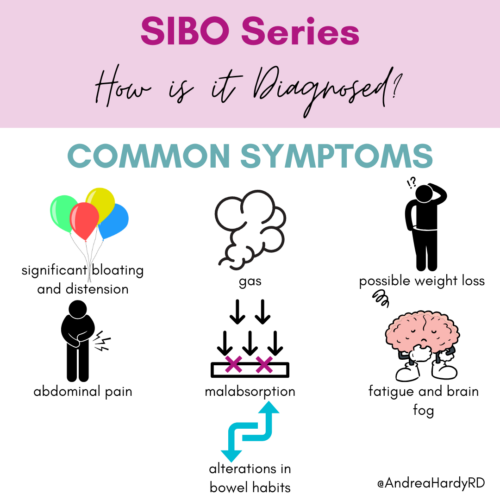
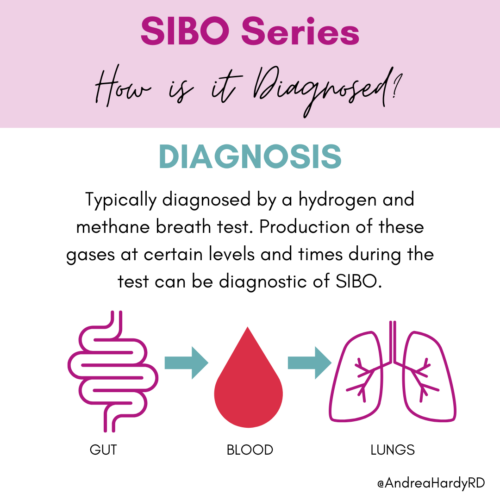
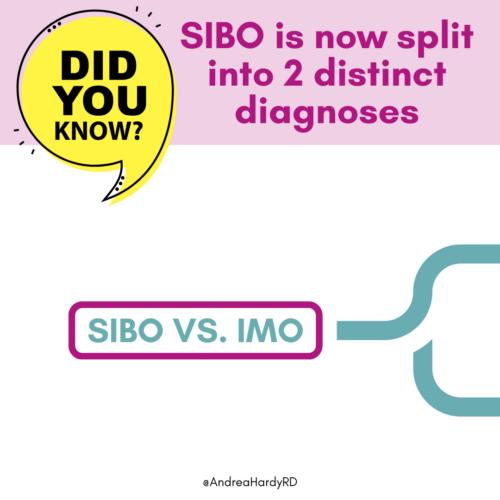
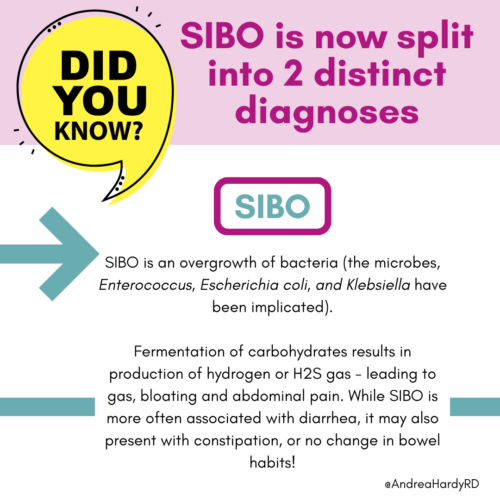
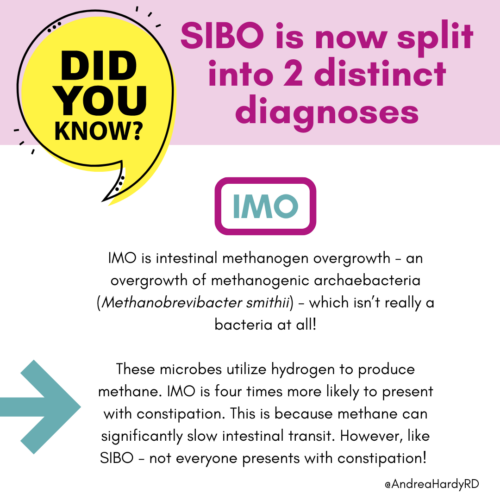
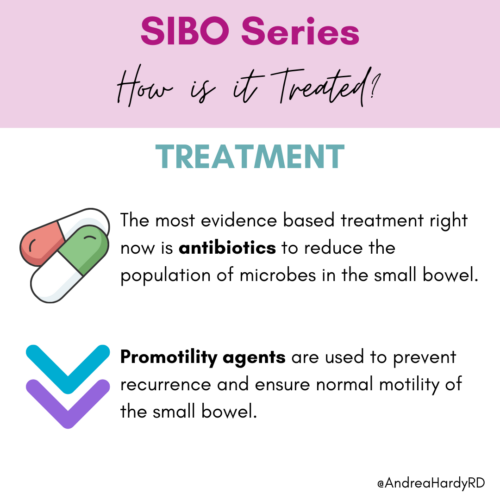
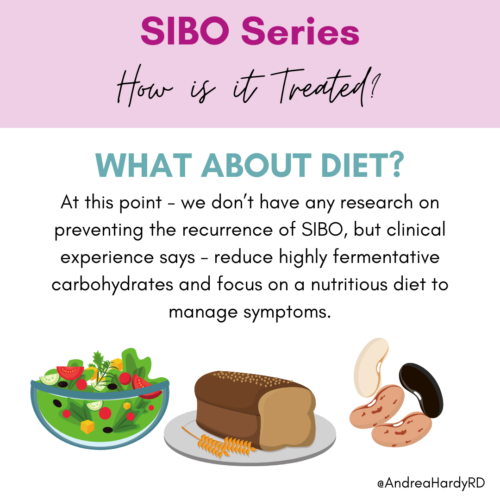
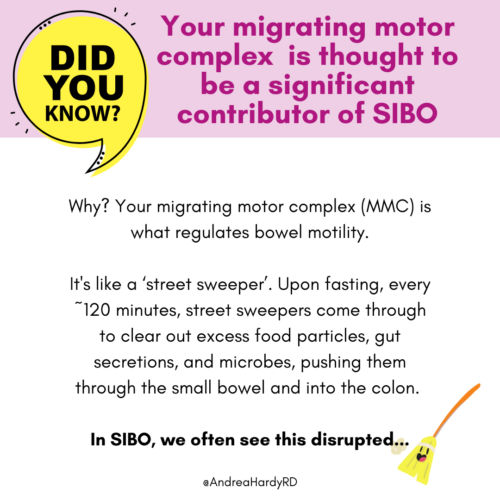
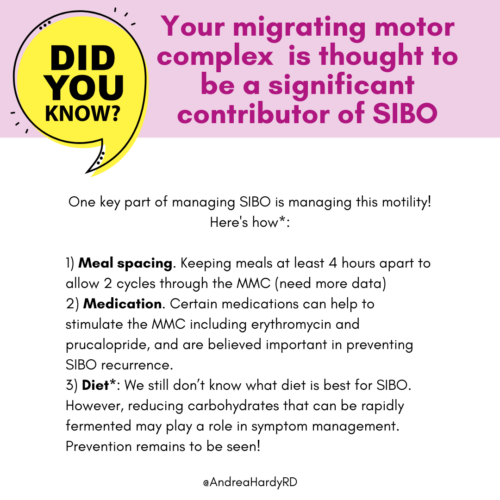
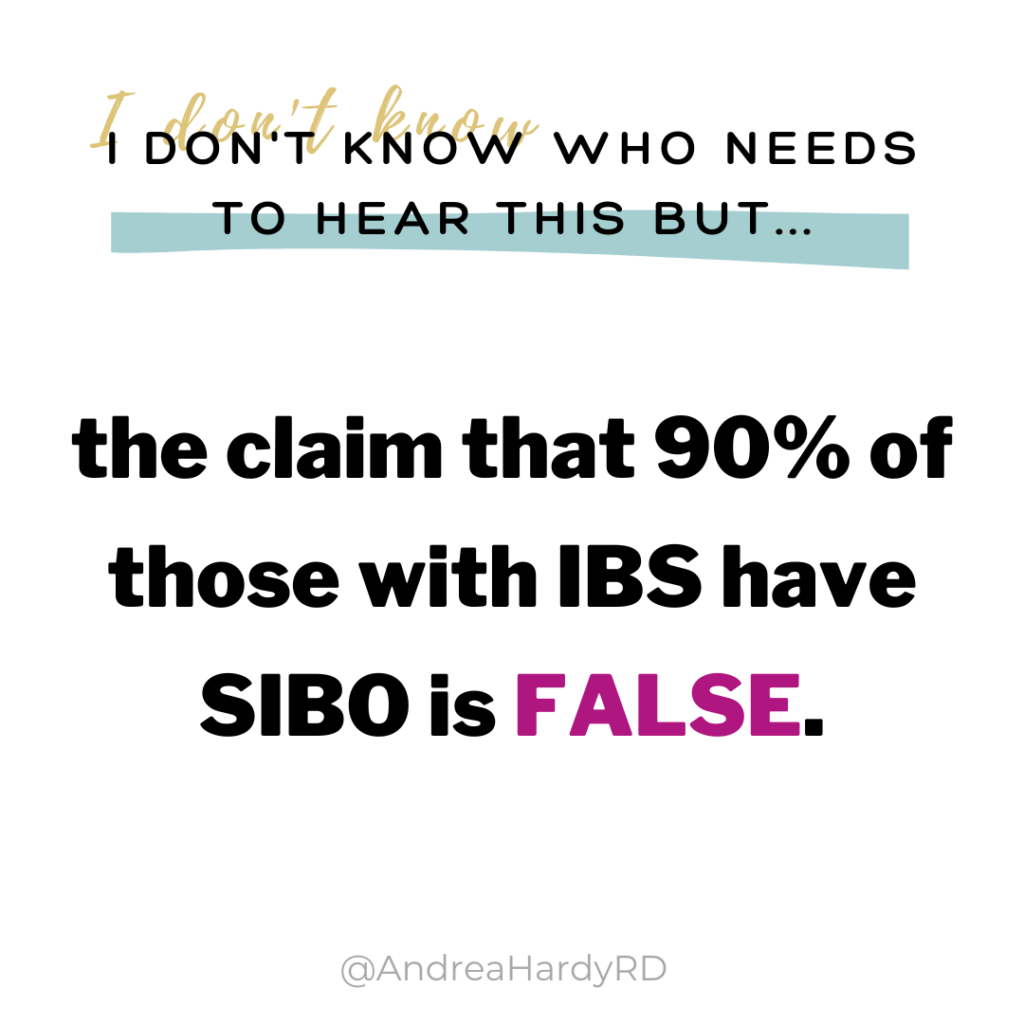
Recent Comments